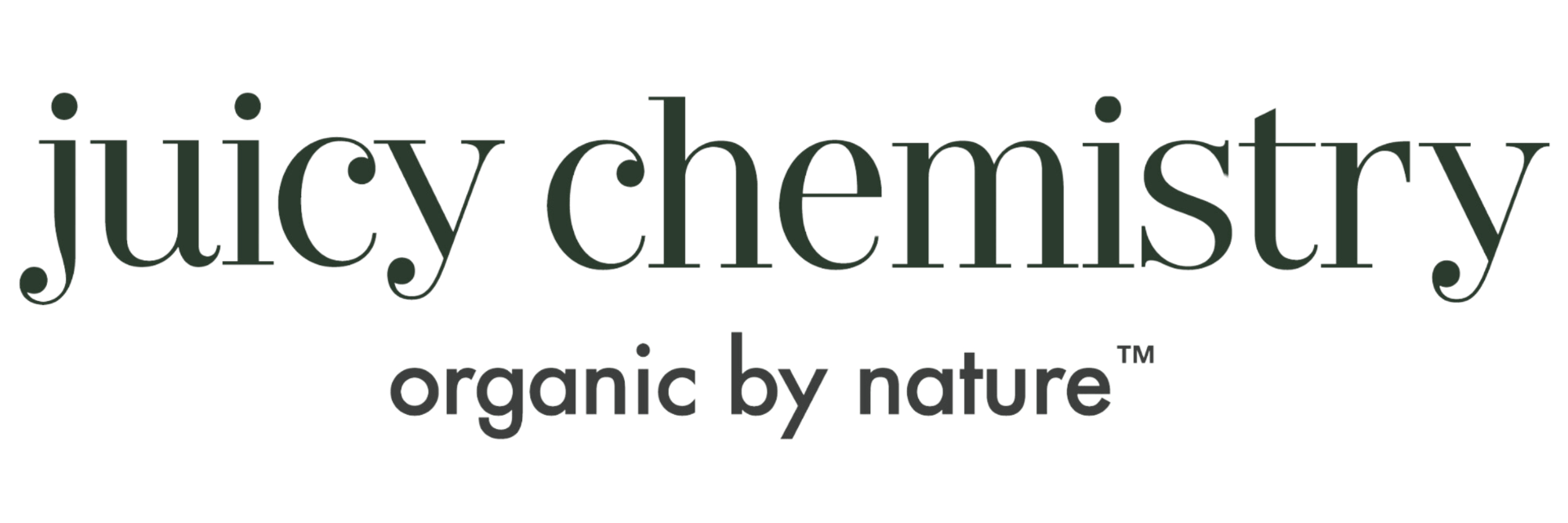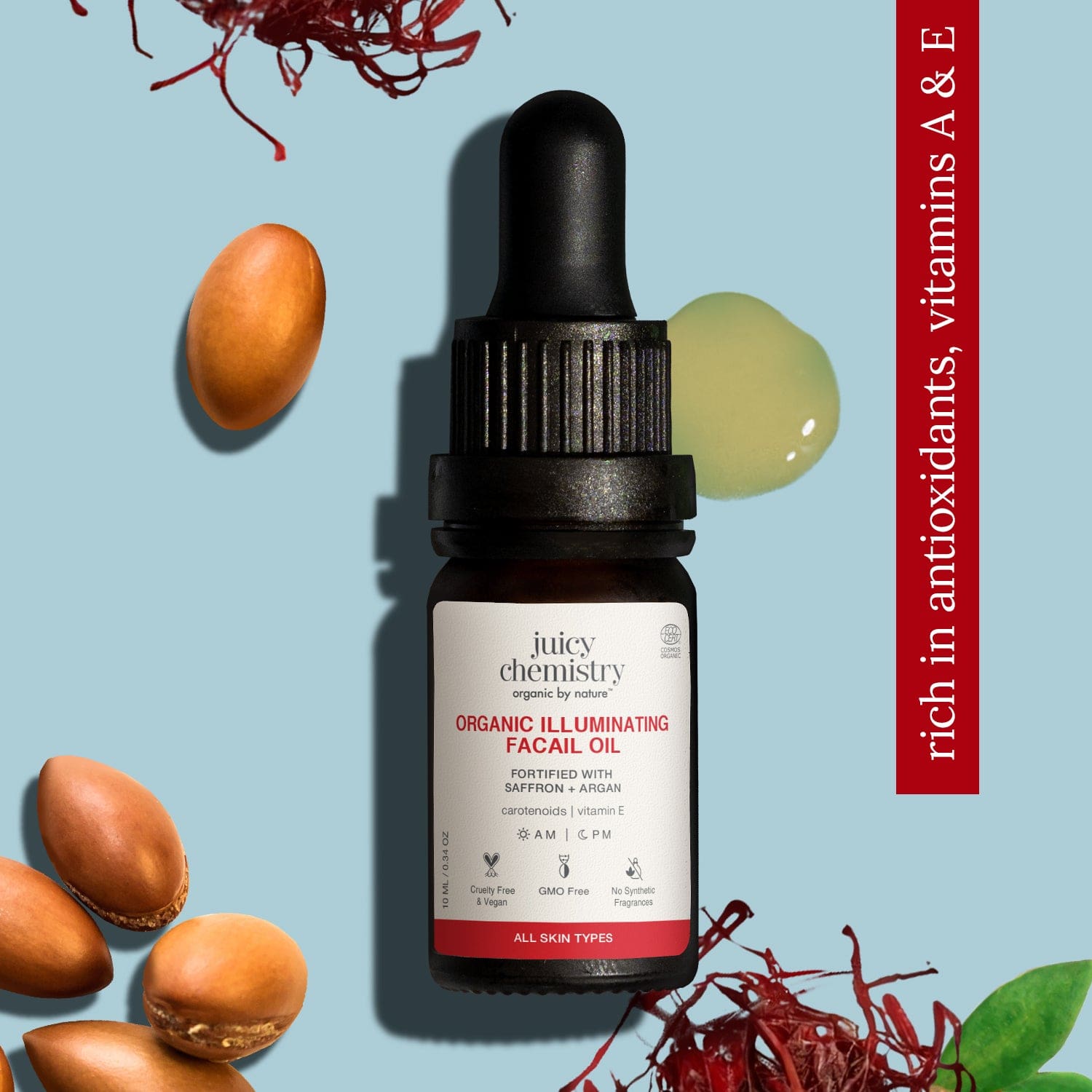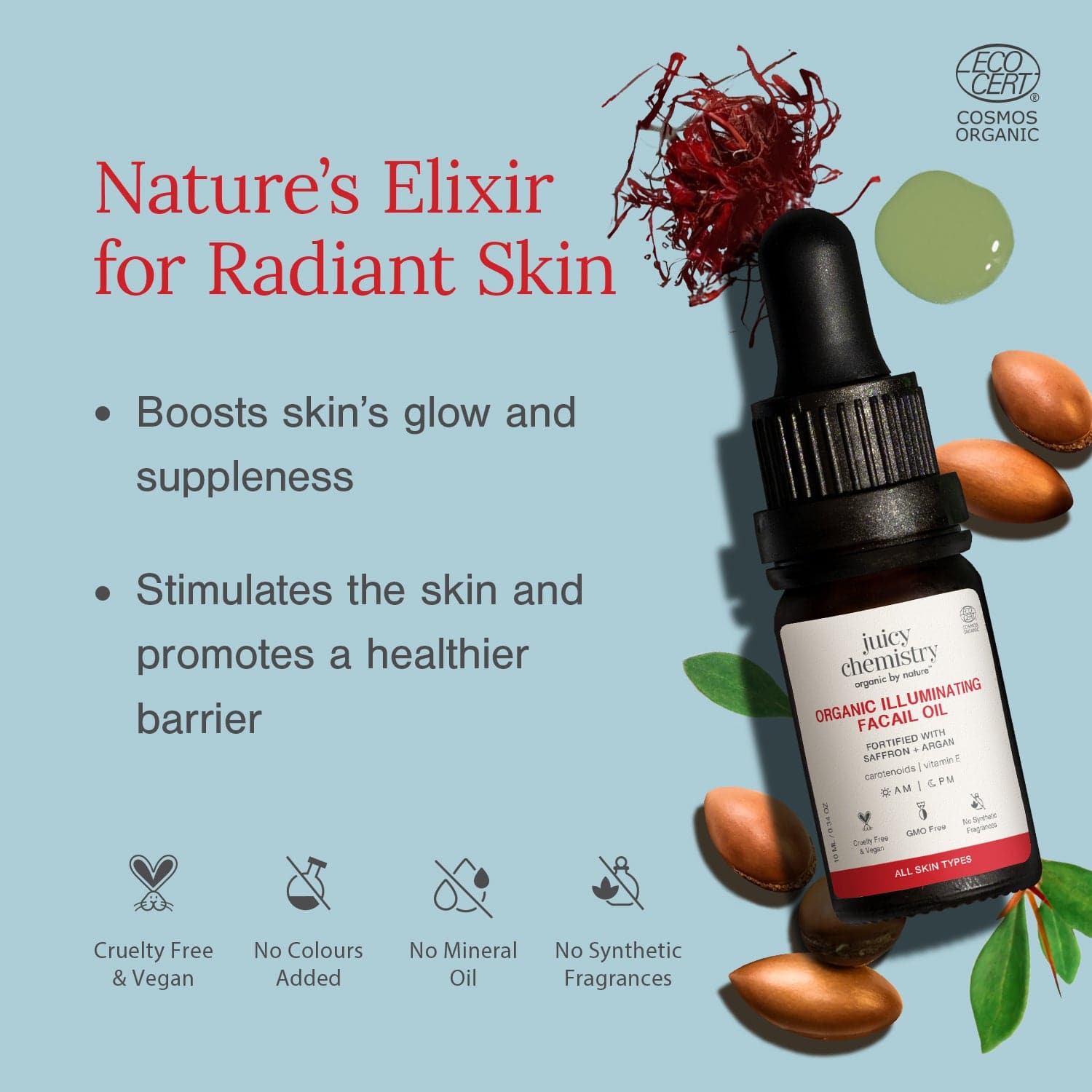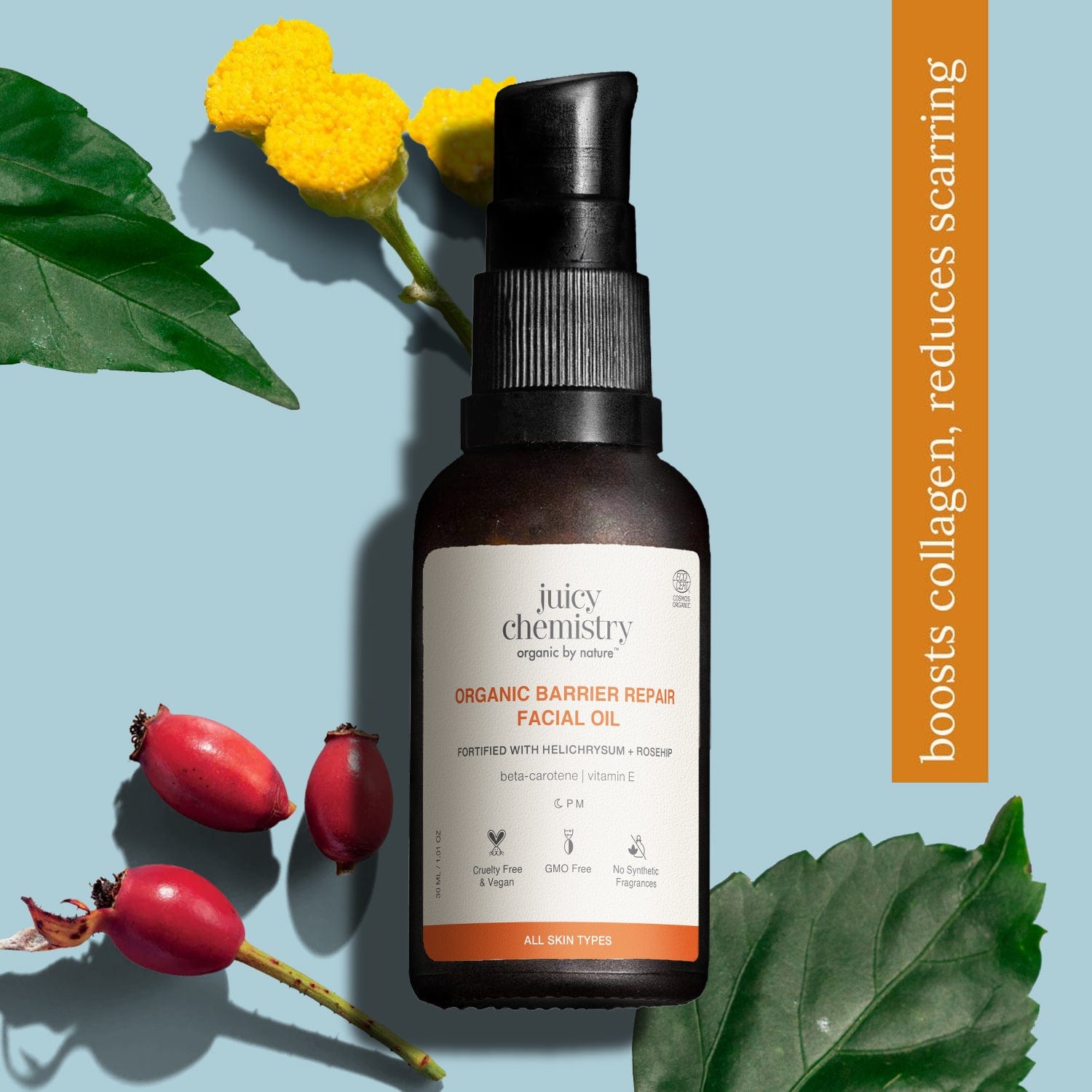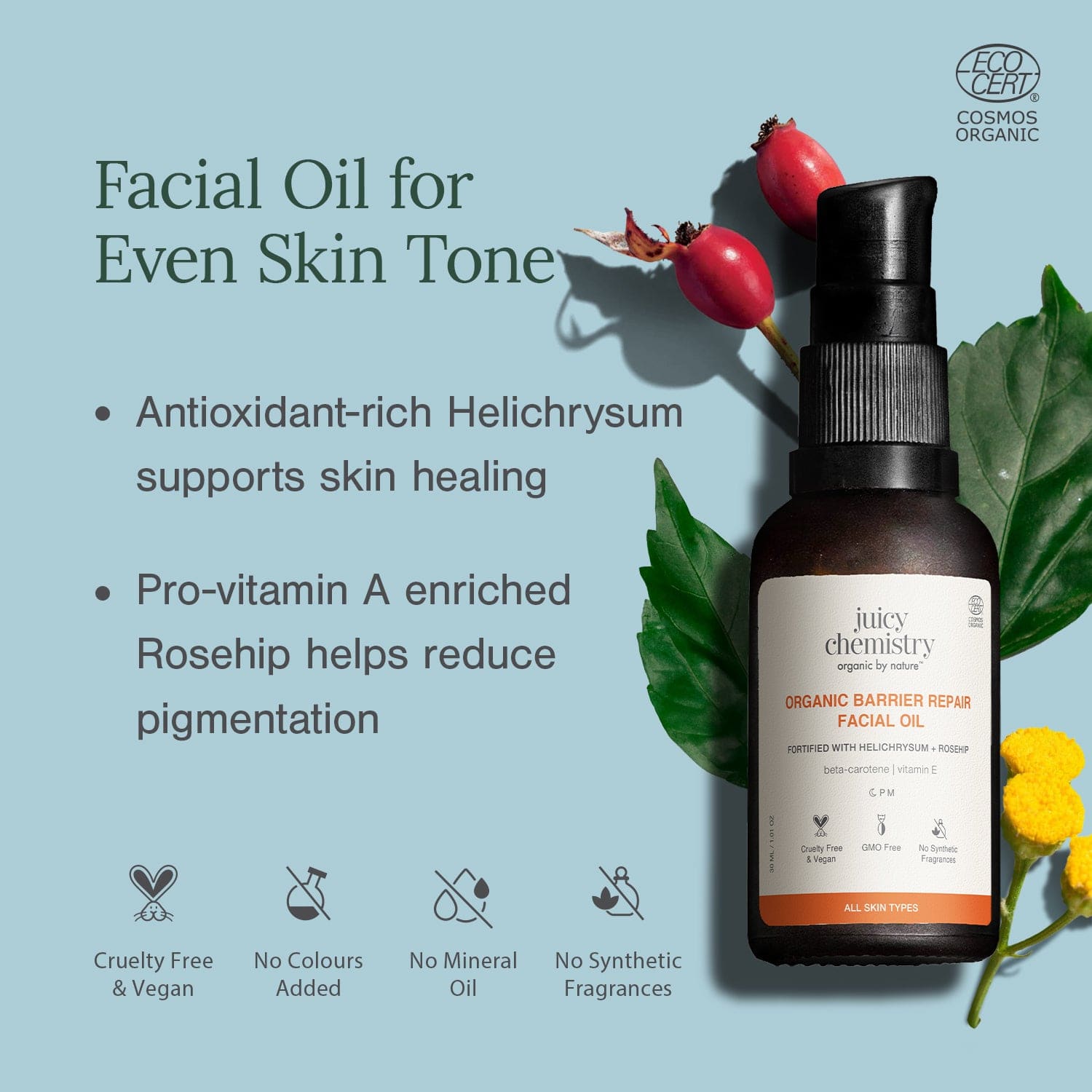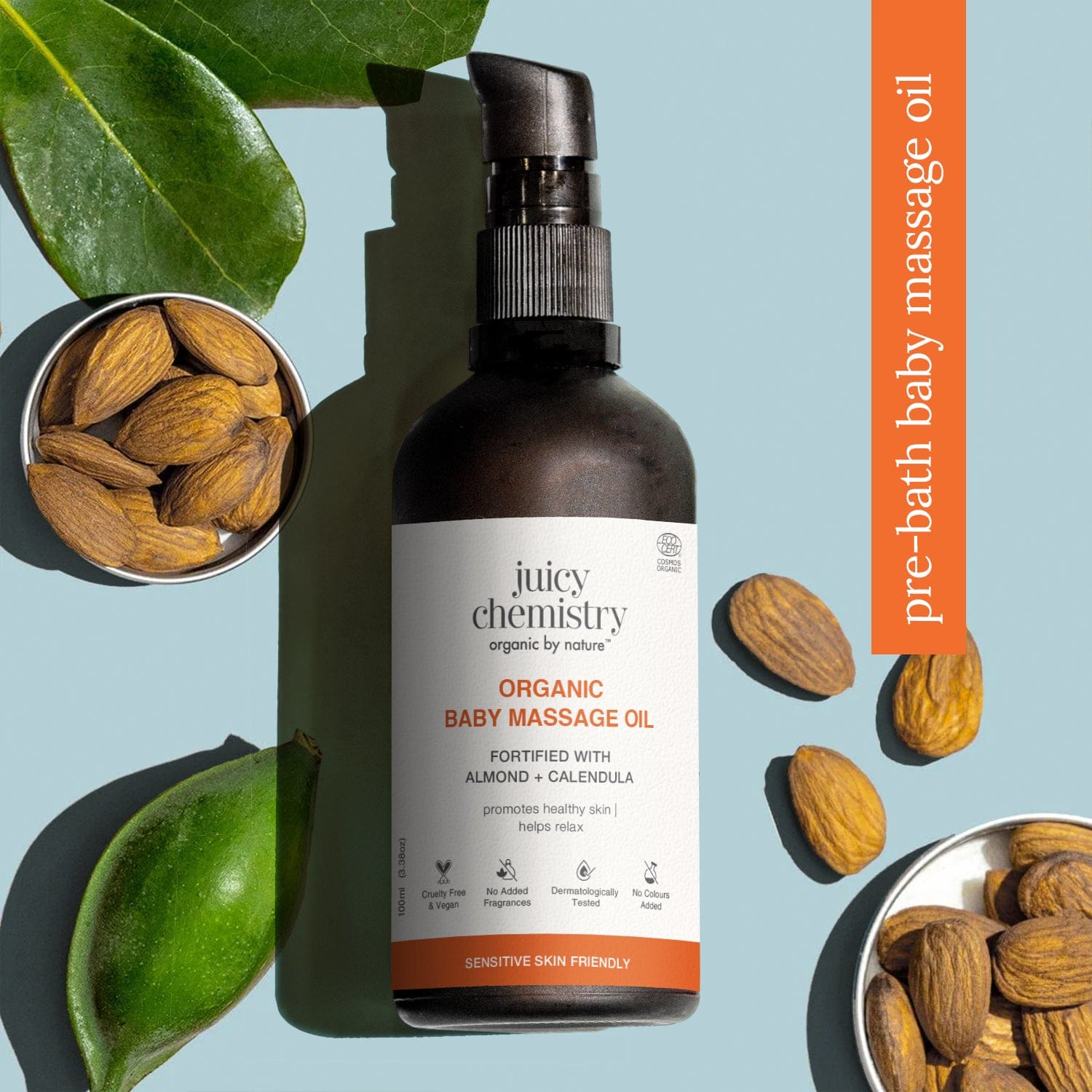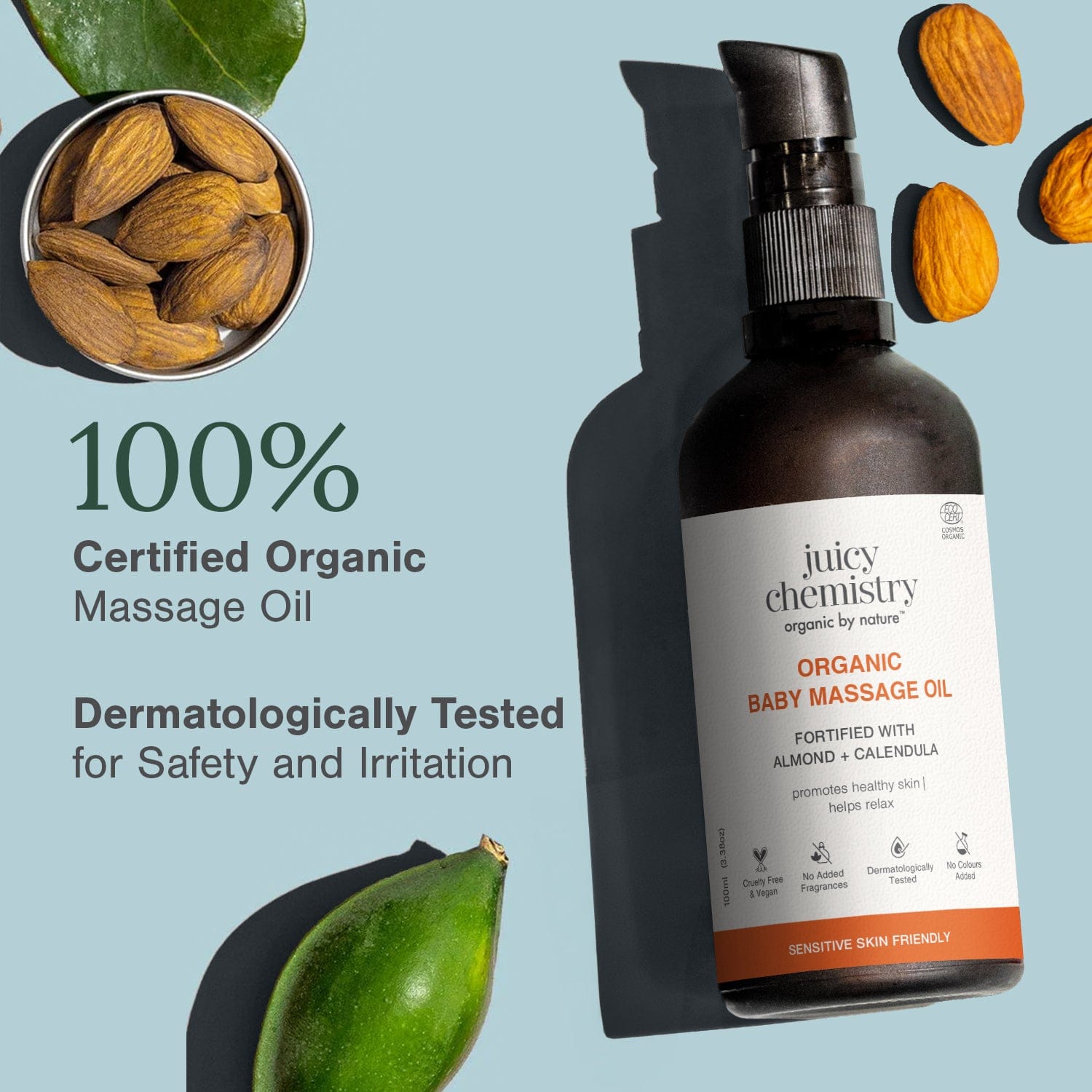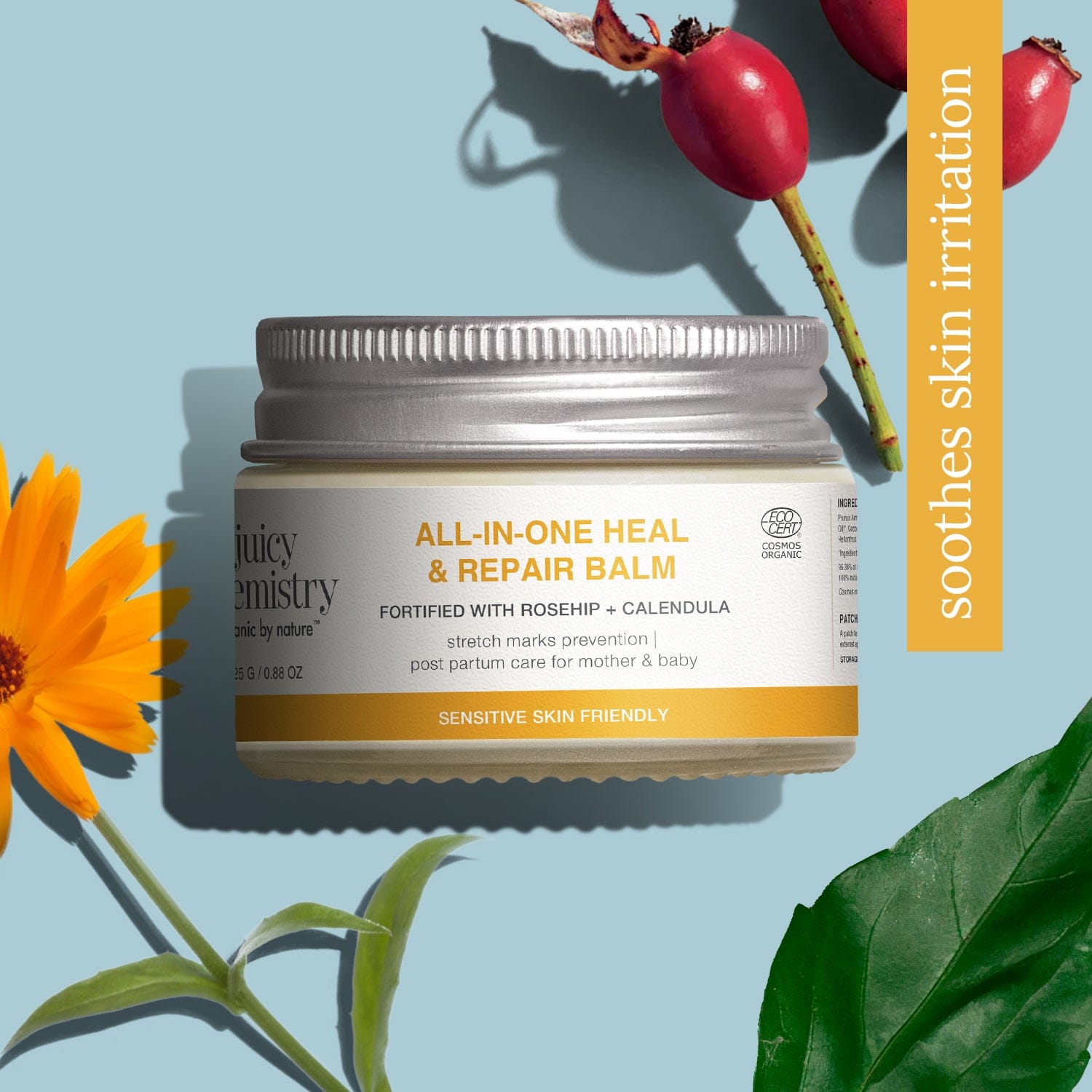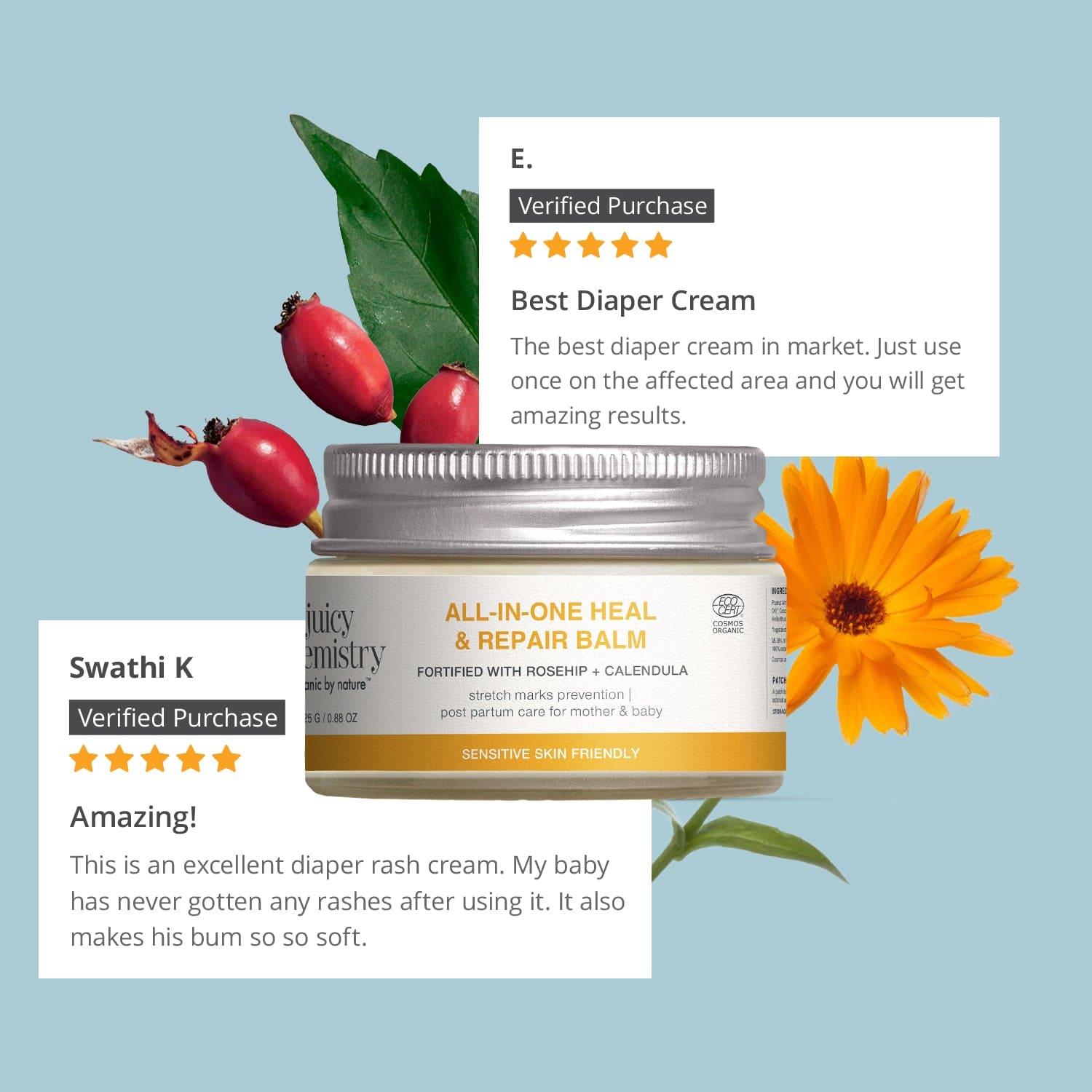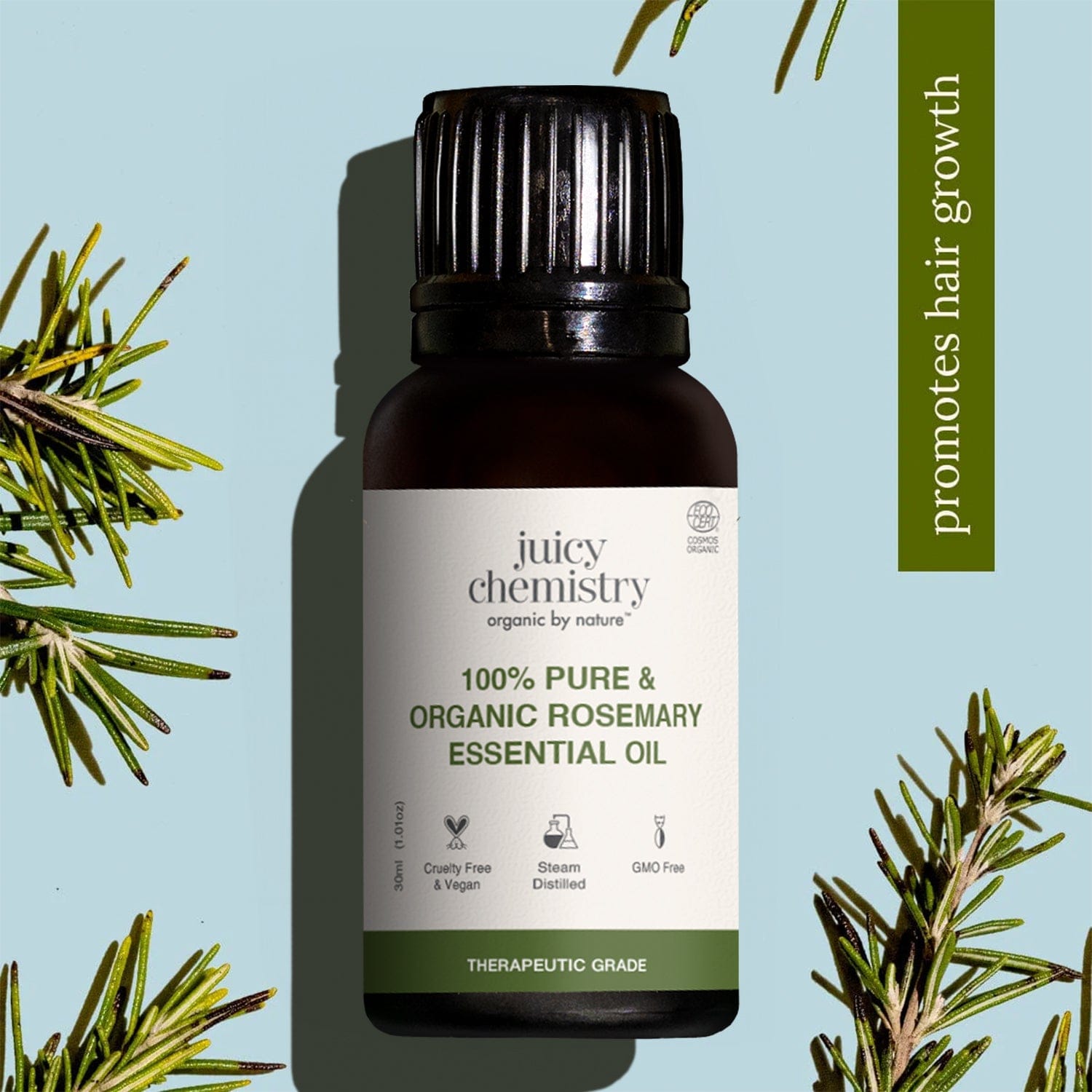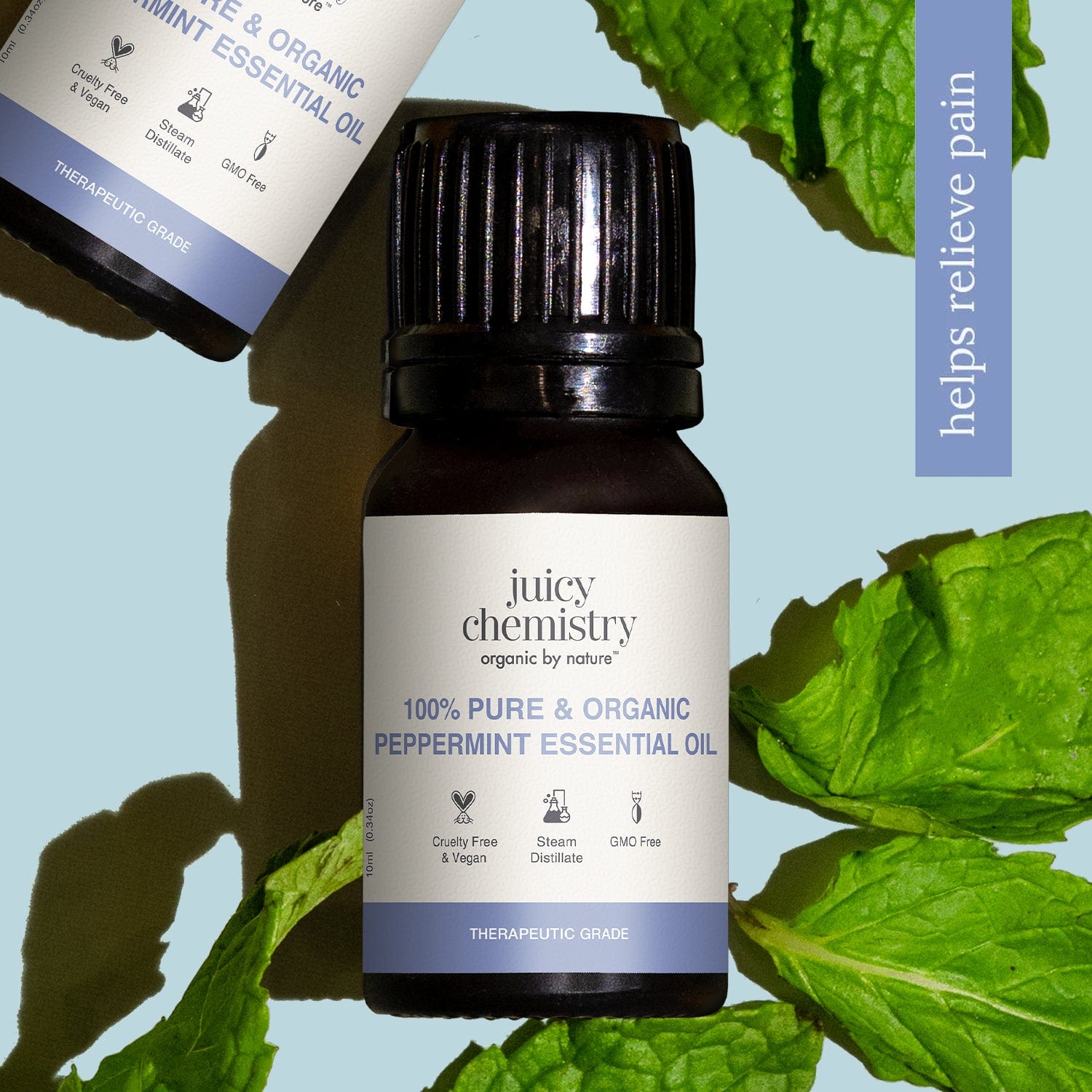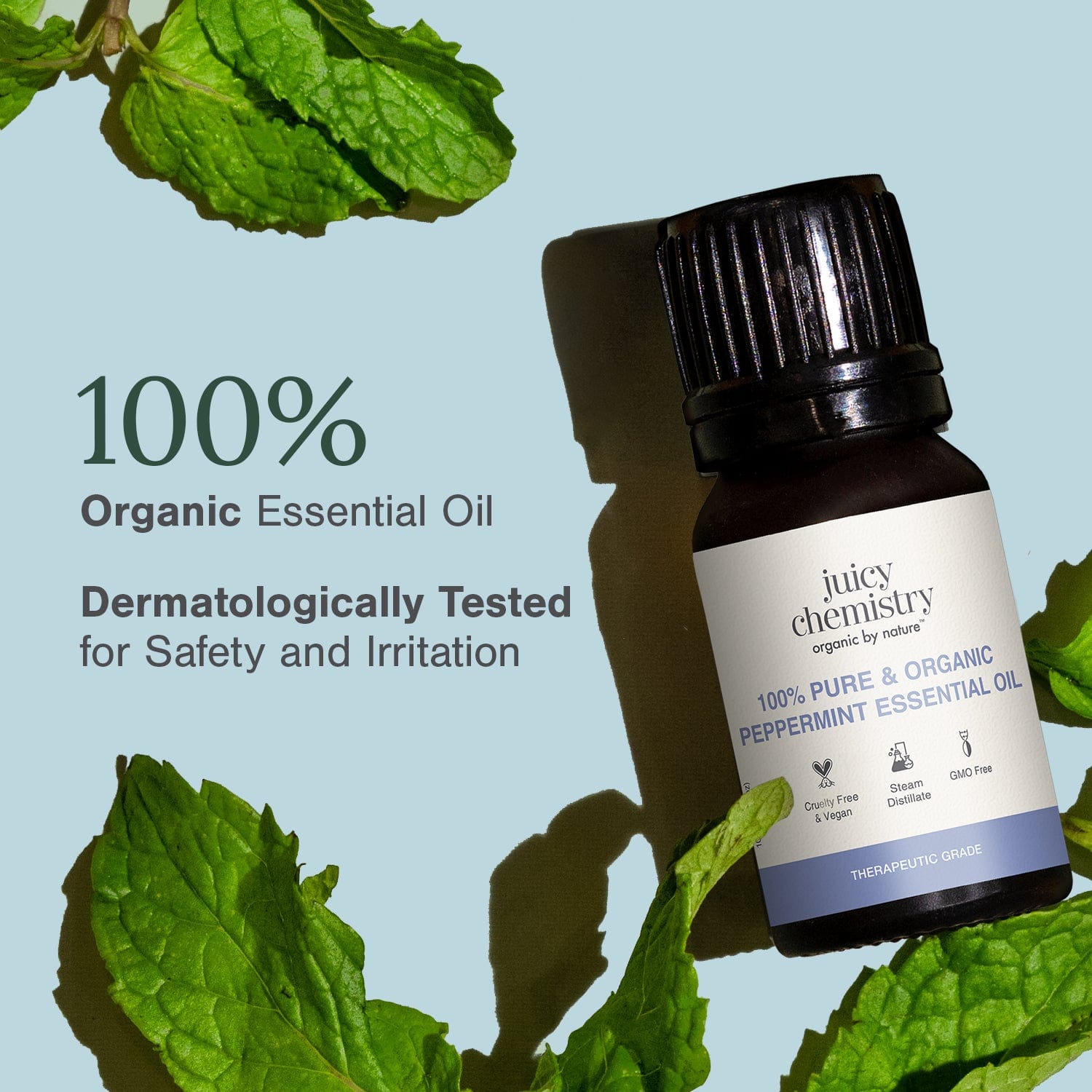Sunscreen
May 06, 2021What is sunscreen and why do we need it?
Sunscreen is an essential skincare product that helps shield your skin against the damage caused by exposure to sun rays.
Prolonged or even a brief exposure to sun rays (UVA and UVB) on a continuous basis can lead to sunburn, disrupt skin cells normal growth and function, break down skin’s collagen and elastin tissues leading to early signs of ageing like pigmentation, fine lines and sagging skin.
Sunscreen forms a barrier and does not allow the UV rays to penetrate into the skin and reach the cellular level thereby nullifying the negative impact of the rays on overall skin's health.
What are UVA, UVB and UVC rays?
UV or Ultraviolet radiation is a form of electromagnetic energy and a by-product of nuclear reaction that takes place at the sun’s core and travels to earth via sun rays. They are distinct from each other with respect to their wavelengths i.e., UVA (longest wavelength), UVB (medium wavelength) and UVC (shortest wavelength). While UVC rays are filtered out by the atmosphere, UVA and UVB rays are the ones our skin is exposed to.
UVA also known as the ageing rays form about 95% of the UV rays that reach the ground and the remaining are UVB rays. The former is also known to penetrate deeper than the latter and affect cells deeper in the skin. Effects from exposure to UVA rays can be noticed right away in terms of tanning, sunburn and even in terms of accelerated ageing of skin. These rays can penetrate through glass and windows too.
Unlike UVA rays, UVB rays do not penetrate deeply but do affect the outermost layers of the skin and its effects are usually delayed. When overexposed to UVB (also known burning rays) rays, they can also contribute to skin ageing prematurely, tanning and sunburns. However, they do not penetrate through windows or glass.
Types of Sunscreens
Sunscreens can be broadly distinguished as Mineral (or Physical) and Chemical Sunscreen on the basis of ingredients. Let us understand their roles individually -
Mineral Sunscreen - made with minerals like Zinc Oxide or Titanium Dioxide, a physical sunscreen creates a barrier to block and scatter the rays from the surface of the skin i.e., they do not allow the rays to penetrate into the skin.
Chemical Sunscreen - made with chemical based ingredients, chemical sunscreens sink into the top layers of your skin and absorb UV rays before they penetrate into the skin.
What is SPF?
SPF (Sun Protection Factor) number simply translates how long the UVB rays will take to redden your skin if applied as directed as opposed to the amount of time without sunscreen. However, it does not imply how long you can stay out in the sun.
Also, it is imperative to note that a higher SPF does not mean significantly higher protection, for instance, SPF 50+ filters 98% of UVB rays while 97% of rays are filtered by SPF 30 sunscreens. In fact, SPF 30 sunscreen when applied properly will give better protection than an SPF 50+ sunscreen that is applied too thinly or not frequently enough.
What is PA+?
PA (Protection Grade of UVA) measures protection against UVA rays and here’s what the ‘+’ sign indicates -
PA+ = Some UVA protection
PA++ = Moderate UVA protection
PA+++ = High UVA protection
A sunscreen that offers protection from both UVA and UVB rays is known to provide a ‘Broad Spectrum Protection’.
Who should use Sunscreen?
Everyone should use Sunscreen everyday irrespective of your skin type, age and climate.
When should you apply sunscreen?
While one must not skip sunscreen when spending prolonged hours outdoors, it is also recommended to apply sunscreen every morning (at least 30 mins prior to stepping out) to help prevent accumulated damage caused by shorter intervals of exposure and indirect sunlight.
How much is the right amount?
It is recommended to take one ounce of sunscreen for the entire body and a coin size amount for face and neck alone. One application of sunscreen is effective upto 2 hours (or less if you involve yourself in swimming or sweat inducing activities) and must be reapplied every 2 hours to all the exposed areas of the body.
All about JC Sunscreen
Juicy Chemistry’s Certified Natural Sunscreen (SPF 30+ and PA+++) provides a broad spectrum protection against UV damage. It is a mineral sunscreen with 25% Non - Nano Zinc Oxide (approved by ECOCERT) which ensures the sunscreen sits on the surface of the skin scattering and reflecting back the UV rays. The large size of the particles do not absorb into the skin and are also not harmful for the environment.
Suitable for all skin types, our sunscreen is a blend of nourishing and non - comedogenic organic ingredients such as Sunflower Oil, Red Raspberry Seed Oil, Shea Butter, Beeswax and Camellia Seed oil. Exceptionally rich in fatty acids, these ingredients help deeply moisturize the skin and fortify the barrier. Beeswax, a natural humectant, helps contain moisture and makes our sunscreen water - resistant too. Learn more about our Sunscreen here
References -
https://www.cancer.org/cancer/cancer-causes/radiation-exposure/uv-radiation.html
https://www.skincancer.org/skin-cancer-prevention/sun-protection/sunscreen/
